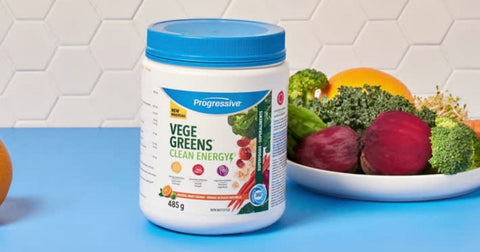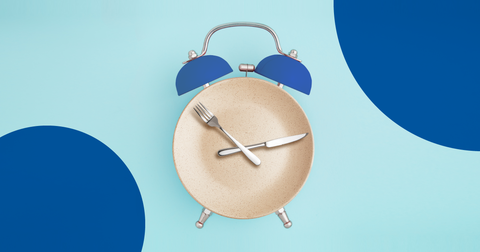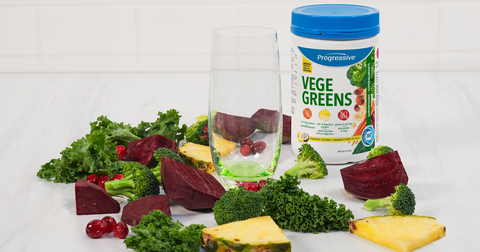Minerals are inorganic elements, and some of these are essential to our health. However, the process of getting the minerals can be a bit of a mystery. One way to get the minerals your body needs is to eat vegetables.
Essential Minerals Found In Vegetables
Some vegetables carry a lot of one mineral, so here's a list of the major minerals and how to get them.
- Calcium , which you need for muscle function, hormonal secretion, bone formation, and vasodilation. You can find this critical mineral in turnip greens and broccoli, either boiled or fresh.
- Iron , which is a major component of myoglobin, a protein that brings oxygen to muscles. It takes oxygen from the lungs to tissues, helps synthesize some hormones and tissues, and supports normal cellular functioning. Iron is in white beans, spinach, lentils, kidney beans, green peas, chickpeas and tomatoes. Broccoli will also give you a nice boost of iron.
- Zinc you need in order to smell and taste things properly. You also need it for protein synthesis, cell division, wound healing, and immune system functioning. Zinc is in green peas, chickpeas, and beans.
- Potassium supports healthy hearts, nervous systems, and muscles. It helps you stave off dehydration, too. You can get your potassium from artichokes and potatoes.
There are also minerals that you need only a little of each day.
- Chromium supports the action of insulin and metabolism. Eating green beans, broccoli, basil, garlic and potatoes will get you this mineral.
- Magnesium is essential for producing energy and transporting calcium and potassium to where they need to be. Magnesium is in spinach, beans, edamame and avocado.
- Selenium protects you from infection, metabolizes thyroid hormones, and plays a critical role in making DNA. Lettuce, carrots, potatoes and green peas provide selenium.
- Copper plays a role in making red blood cells and your nervous system. Copper can be found in mushrooms.
- Iodine maintains thyroid health and be found in potatoes and seaweed.




